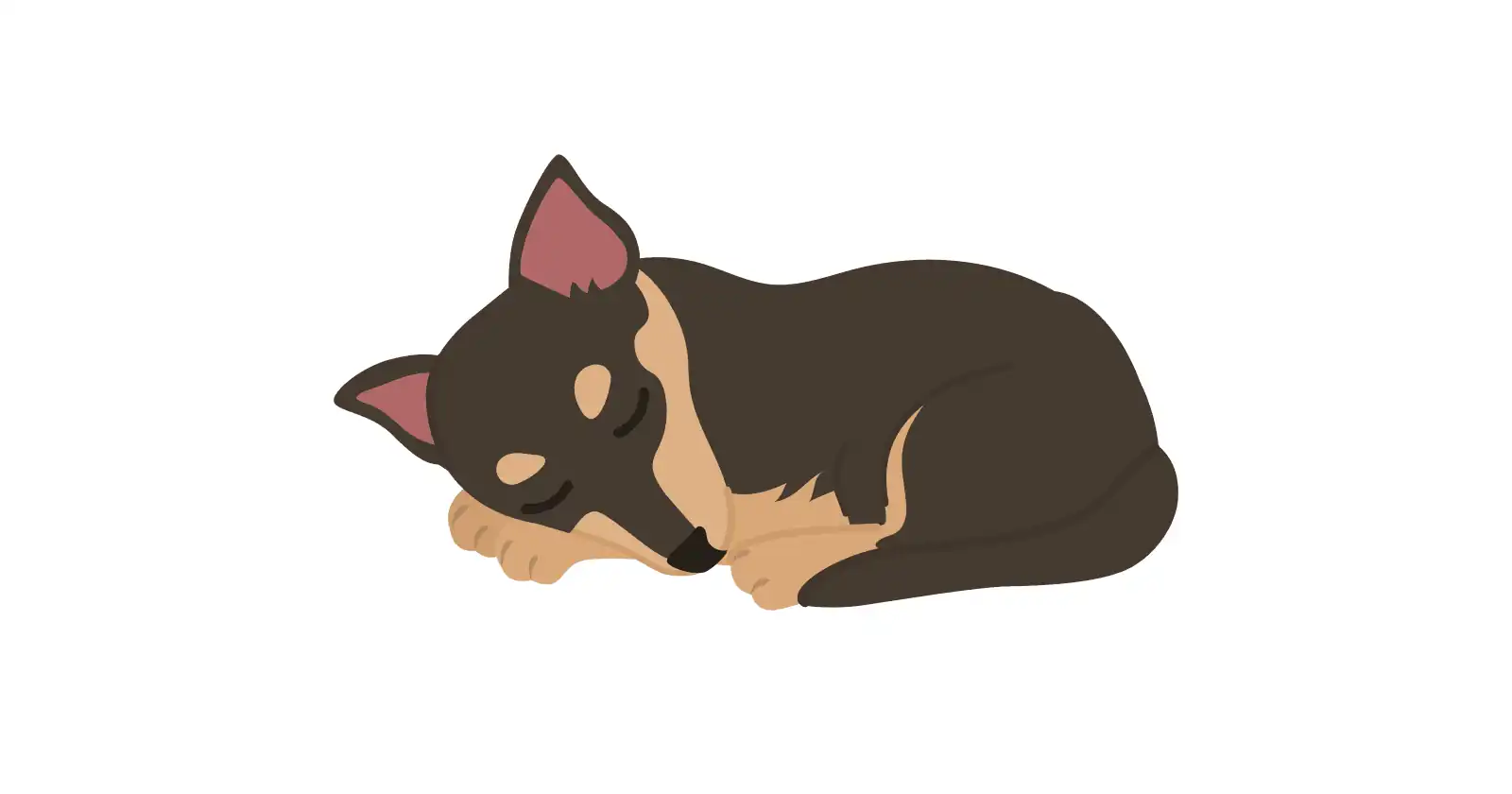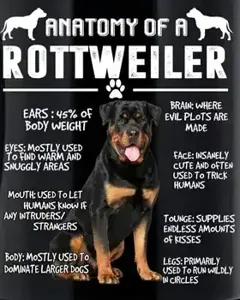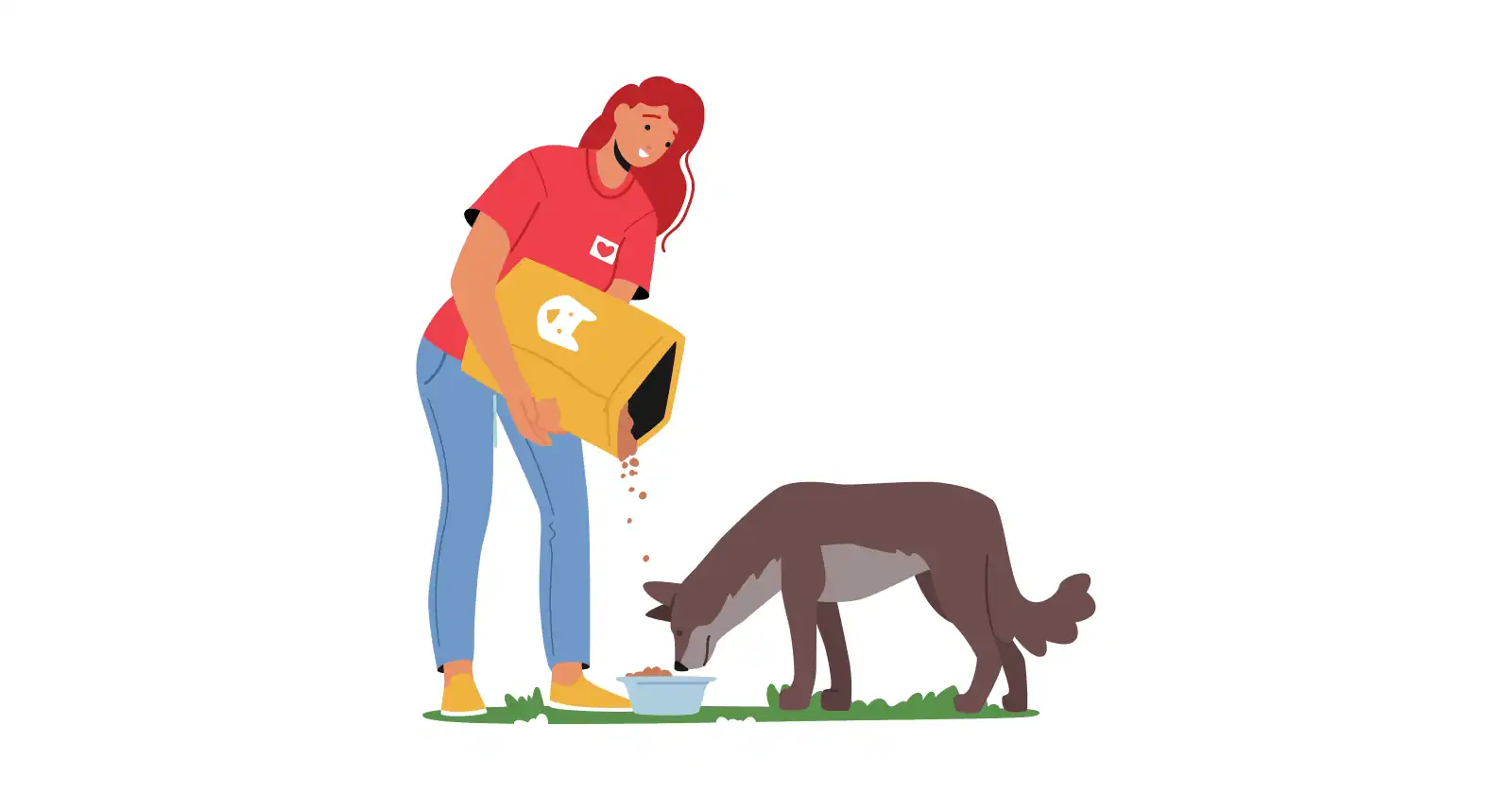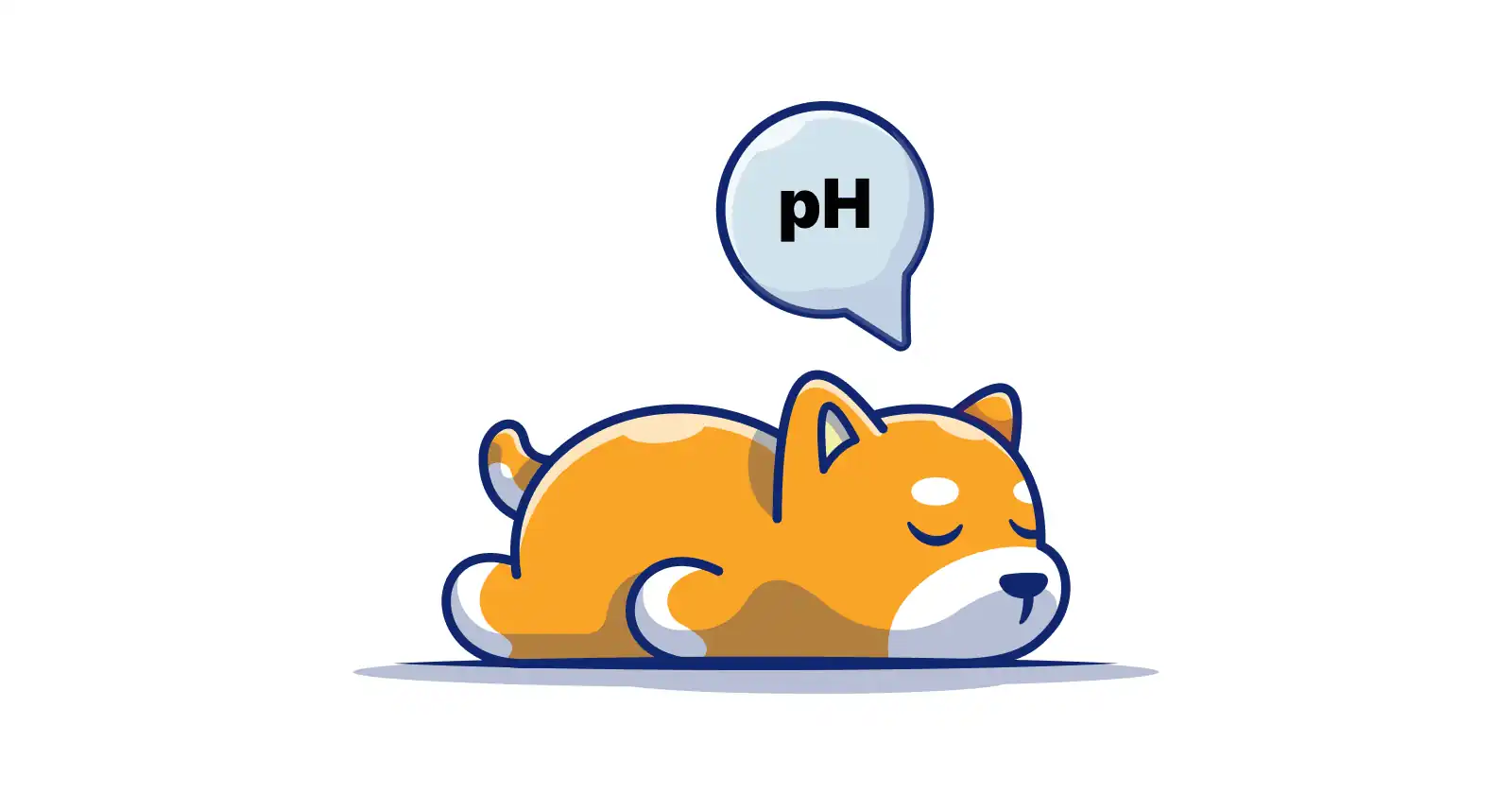Rottweillers - All You Need To Know

Table of Contents
In this blog, we will tell you all about rottweilers, their history and origin, common physical characteristics, temperament, behavioral issues, grooming, and training needs, along with the healthcare risks they face and how to prevent these risks to ensure you have a healthy cutest furry bodyguard one could have in their family!
History and origin
The Roman Empire is where the Rottweiler's origins may be found. They are thought to be related to the ancient Roman drover dogs that traveled across Europe with the Roman armies. These canines were used to pull carts filled with goods, guard cattle, and herd livestock. Due to their trainability and protective character, Rottweilers have since found a new use in police forces and the military. They were renowned for their versatility and dependability as working dogs.

Physique
The body of a Rottweiler is strong and muscular, making them a huge and powerful dogs. Males typically measure 24 to 27 inches (61 to 69 cm) tall, although females are somewhat shorter. They range in weight from 36 to 61 kilograms (80 to 135 pounds), with males being considerably heavier than females. The broad chest that Rottweilers have gives them a powerful aspect. A Rottweiler's head is large, moderately rounded, and has a distinct stop. They have a large, robust nose and an established jaw. They have dark, almond-shaped eyes that exude focus and intellect. The triangular ears on Rottweilers are medium in size and fold forward.
Behavior and temperament
Rottweilers are confident dogs. They make ideal guard dogs because of their loyalty and protective temperament. Although they are typically calm and collected, Rottweilers might be suspicious of strangers unless they are properly introduced. They are extremely bright and adaptable, frequently excelling in pursuits like flexibility, observation, and obedience. When properly socialized and raised, Rottweilers are also noted for getting along well with kids as well.
Potential behavioral risks
Rottweilers, however, can exhibit some behavioral problems if they are not given the right training, socialization, and direction. They can be aggressive and stubborn, so training them requires a hard and constant approach. Due to their protective nature, Rottweilers may develop excessive caution or aggression towards people or other animals if they are not properly socialized. For a well-behaved and balanced Rottweiler, responsible parenting, early socialization, and obedience training are essential.
Grooming needs
The short, weather-resistant double coat on Rottweilers needs regular care. They occasionally shed all year and a lot as the seasons change. Regular brushing with a slicker brush or grooming equipment made for eliminating loose hair is advised to maintain their coat's health and reduce shedding. Once every month, Rottweilers require professional bathing using dog-specific shampoo and related equipment. They have a thick undercoat that needs particular care while shedding. In order to avoid infections, it's crucial to examine and clean their ears on a regular basis constantly. Their grooming schedule also must include essentials like dental hygiene and nail trimming, which, if not maintained, may lead to serious healthcare risks. Professional grooming services at Kuddle include all these services, so book an appointment for your dog asap!
Healthcare risks
Some of the prevalent healthcare risks you need to look out for as a responsible rottweiler parent is:
-
Hip & elbow dysplasia: Rottweilers have a susceptibility to hip dysplasia due to genetic predisposition and them being large and heavy, fast-growing dogs. Hip dysplasia is a genetic disorder in which the hip joint fails to mature normally. Arthritis, discomfort, and limping may result from this. Another similar and prevalent health problem in Rottweilers is elbow dysplasia, which affects the elbow joint and results in arthritis and paralysis. This syndrome can be influenced by heredity, rapid growth, and overexertion.
-
Heart Disease: Aortic stenosis and dilated cardiomyopathy are two heart diseases Rottweilers are more likely to develop. These diseases may impair the heart's capacity to pump blood efficiently and cause symptoms like exhaustion, inability to do strenuous activity and collapse.
-
Bloating: Rottweilers are among the breeds susceptible to bloat (Gastric Dilatation-Volvulus), a potentially fatal illness in which the tummy swells with gas and bends. Bloat can strike suddenly, and symptoms can include indicators of anxiety, pointless vomiting, restlessness, and tightness in the abdomen. In suspected bloat situations, it's critical to seek professional care immediately.
-
Cancer: Rottweilers are more likely to develop certain cancers, such as mast cell tumors, lymphoma, and bone tumors (osteosarcoma).
-
Hypothyroidism: Hypothyroidism, a disorder in which the thyroid gland doesn't generate enough hormones, is prone to occur in Rottweilers. Weight gain, fatigue, hair loss, and skin problems are some symptoms.
Healthcare needs

No need to stress out if your dog is showing signs of any of the health conditions discussed above because we lay down a list of healthcare needs for the prevention and curing of such risks:
-
Bone health: Hip and elbow dysplasia and other joint and bone disorders are common in Rottweilers. To lower the risk of these illnesses, it's critical to monitor their calorie intake and control their growth using a tailored diet plan. Keeping a healthy weight while they are in their rapid growth phase and avoiding overexertion is crucial. Their bone condition can be supported by regular exercise that is easy on their joints, like swimming or controlled walking.
-
Heart health: Aortic stenosis and dilated cardiomyopathy are two heart problems that Rottweilers are prone to. To keep an eye on their heart health, regular cardiac exams, such as echocardiograms, are advised. Their heart health can be supported by following a balanced diet, exercising regularly, and avoiding high levels of stress or thrill.
-
Cancer Awareness: Rottweilers are more susceptible to some cancers, such as lymphoma and bone cancer (osteosarcoma). Regular veterinary check-ups are essential, as is being aware of typical cancer symptoms, including sudden loss of weight, lumps, or behavioral irregularities. Results can be improved by early identification and prompt treatment. A veterinarian's recommendation to neuter animals at the right age may also lower their risk of developing certain cancers.
-
Exercise and mental stimulation: These are important activities for preventing boredom and potential behavioral problems in Rottweilers because they are intelligent and active dogs. Their demand for exercise can be met by giving them routine workouts like quick strolls or engaging playtime. Additionally, puzzling toys, obedience training, or agility training can stimulate their brains and keep them occupied, preventing behavioral problems which arise from being too idle.
Training needs
-
Early Socialisation: Rottweilers need to be socialized in order to develop into well-behaved, self-assured canines. They are less likely to experience fear or hostility later in life if they are exposed to a variety of people, animals, and situations when they are young. Their socialization depends on puppy lessons, supervised interactions, and good encounters with a variety of situations. See our article on how to socialize dogs to learn the best practices for starting socialization.
-
Training with Consistency: Because Rottweilers are intelligent and eager to please, they respond well to techniques of training that are both persistent and rewarding. They gain from training sessions that are organized, clear, and include tactics for positive reinforcement. Their training process is aided by using treats, compliments, and rewards to inspire and reinforce desired behaviors. To avoid domination or stubbornness, it is crucial to create transparent leadership and consistent regulations.
-
Leash Training: Rottweilers must be properly trained to use a leash due to their size and power. They need to develop the ability to stroll gently on a leash without straining or lunging. Treats and praise are examples of positive reinforcement techniques that can be used to promote good leash manners. To maintain control and safety while out for walks, it's crucial to utilize a strong leash and harness.
-
Obedience and Advanced Training: Rottweilers are excellent at learning commands, and they can also benefit from more difficult training exercises like adaptability, tracking, or protective activity. They are suitable for a variety of training disciplines due to their intelligence and professional background. By engaging in mentally challenging tasks, one can better manage their energy and give them a sense of direction and achievement.
Overall, Rottweilers are devoted, quick, and adaptable canines that need careful attention to their unique health and training requirements, so if you are a rottweiler parent or are considering becoming one, we say go for it and bring home a member who will shower you with unending dog kisses! Choosing expert pet grooming and training services from Kuddle, might also be quite advantageous for all you pet parents reading this piece. Our skilled groomers will care for the dog's coat properly, prevent skin conditions, and improve their overall appearance, while our skilled trainers have the knowledge to address the unique training requirements of various breeds and can offer advice to pet parents in areas like obedience, crate training and much more!


